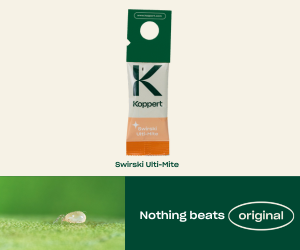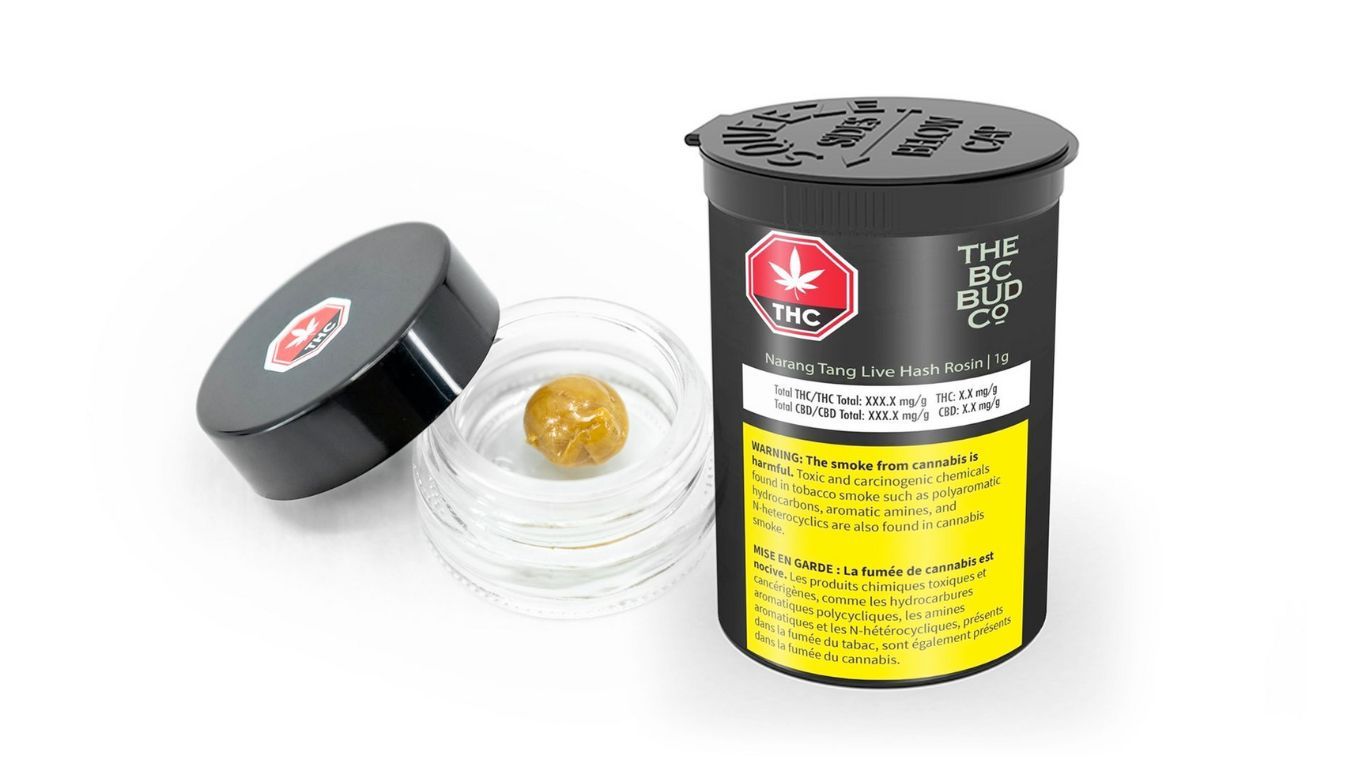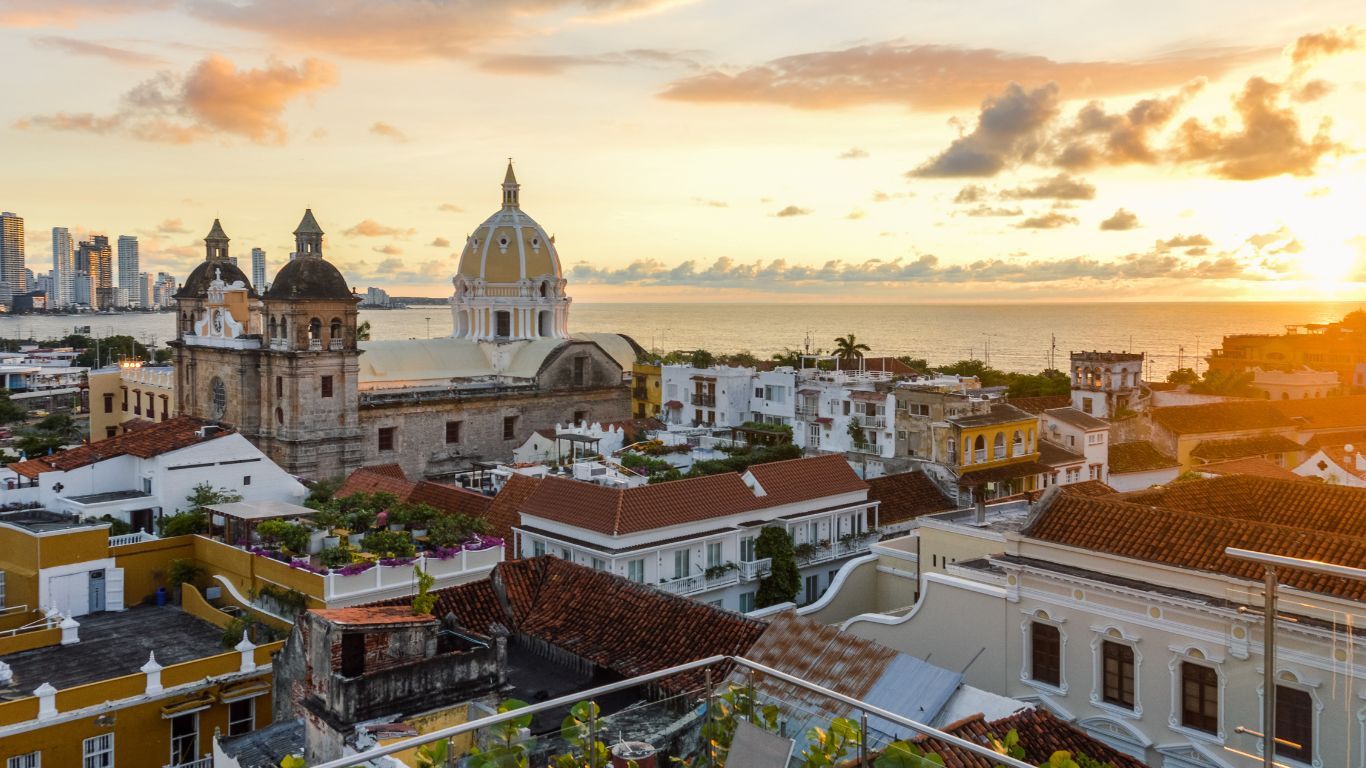
Members of Uruguay’s cannabis regulator, the IRCCA—along with other government officials—met with various Canadian officials last week as part of a diplomatic fact-finding mission.
Delegates from the IRCCA, the Instituto de Regulación y Control del Cannabis, visited researchers, regulators, producers, and provincial retailers to discuss various approaches and information from Canada’s approach to legalization.
The President of the Board of Directors of the IRCCA, Dr. Daniel Radío, together with the Executive Director of the institution, Ec. Juan Ignacio Tastás, and several others participated first in a meeting at the Cannabis Research Centre of McGill University in Montreal.
Sebastián Eirea was received by Prof. Nadeem Saddiqui, a permanent member of the McGill Cannabis Research Center in which he is a member of different research and cultivation industry committees.
The McGill Cannabis Research Centre provides education and training for the development of high-quality human resources in the aforementioned areas.
In all, the group visited McGill, an SQDC store in Quebec, the Alcohol and Gaming Commission of Ontario (AGCO, which oversees cannabis in the province), Canopy’s facility in Smiths Falls, the Ontario Ministry of Finance and the Ontario Cannabis Policy Council, the Ontario Chamber of Commerce and BMO, and the Lift Cannabis Expo in Toronto.
The IRCCA delegation also includes members of the QF Board of Directors. Carlos Lacava (MSP), Ing. Quim. Susana Pecoy, Gonzalo Maciel (MIEM) and the QF Technical Director, along with Uruguay’s Ambassador to Canada, Martín Vidal.
Vidal says the meetings were part of an effort by Uruguay to renew connections with stakeholders in Canada since their last visit in 2019. A similar delegation visited in the year after Canada legalized.
“One of the big takeaways is the learning process,” Vidal explains. “Coming to Canada three years after legalization and seeing how far you have gone on the regulations, distribution, retail, the industry accommodations to this reality, as well as the research and development. (It helps to understand the good and bad) things about the system.”
The ambassador emphasized the similarities in the two countries’ approach to Canada in regard to a strong public health focus, while also noting that different provincial retail and distribution models in Canada offer a great opportunity to see the contrast between public vs private models.
“We found a lot of receptivity from all of the Canadian actors. We’re two like-minded countries on this issue with a similar approach that has been focused more on the regulation concept than the liberalization. So I think that puts our two countries in a comfortable zone to discuss this from similar points such as public health concerns, keeping it away from youth.
“Then of course for us, what was important is to see the evolution in Canada on this file, on the regulatory process, but also because we can see different models. For example, we met with the Ontario regulator and the Quebec regulators. That is a very good example because you can see a more liberal model and a more conservative approach.”
Other issues both Canada and Uruguay share, he explains, are challenges for legal companies when it comes to accessing banking, and the need for more collaboration when it comes to cannabis research.
“Now that we have had these meetings, it should be easier for our officials in Uruguay to stay in contact with their Canadian counterparts.”
Uruguay was the first country to fully legalize cannabis in 2013, with retail sales through pharmacies beginning in mid-2017. Consumers in Uruguay can sign up to either purchase their cannabis through 25 different pharmacies, to grow their own at home, or to join a cooperative where members share the duties of growing.
As of February 9 of this year, there are more than 48,000 signed up to buy through pharmacies, more than 13,000 authorized to grow their own and over 7,000 authorized to grow through one of 229 membership clubs.
As of February 1, the price of a 5-gram package of dried cannabis flowers at a pharmacy was set at $390 Uruguayan pesos, or about $12 Canadian. Consumers can choose from four different cannabis varieties sold in five-gram bags called Alfa I, Alfa II, Beta I and Beta II, with around 2% CBD and 9% THC, depending on the variety.



































